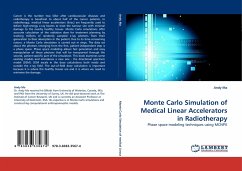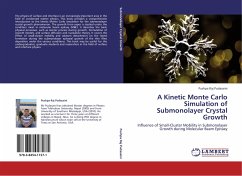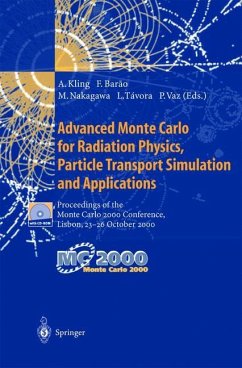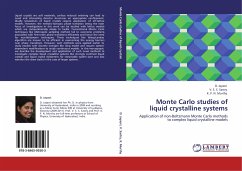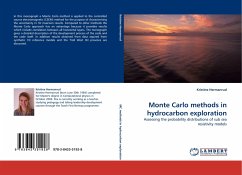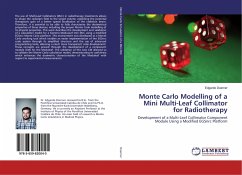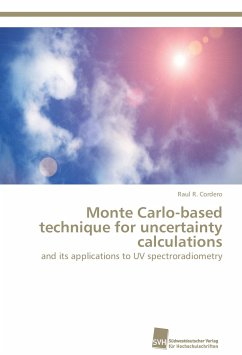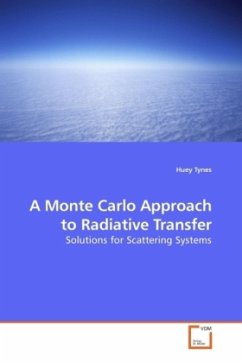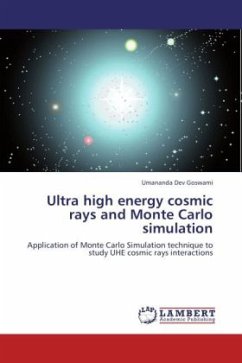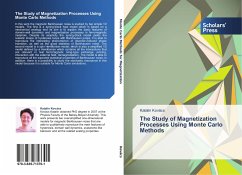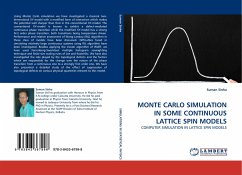
MONTE CARLO SIMULATION IN SOME CONTINUOUS LATTICE SPIN MODELS
COMPUTER SIMULATION IN LATTICE SPIN MODELS
Versandkostenfrei!
Versandfertig in 6-10 Tagen
39,99 €
inkl. MwSt.

PAYBACK Punkte
20 °P sammeln!
Using Monte Carlo simulation we have investigated a classical two-dimensional XY-model with a modified form of interaction which makes the potential well sharper than that in the conventional XY-model. The conventional XY-model is known to exhibit a defect-mediated continuous phase transition while the modified XY-model has a strong first order phase transition, both transitions being temperature driven. Performance and relative assessment of Wang-Landau (WL) algorithm in these class of models have been discussed. Difficulties faced in simulating relatively large continuous systems using WL al...
Using Monte Carlo simulation we have investigated a classical two-dimensional XY-model with a modified form of interaction which makes the potential well sharper than that in the conventional XY-model. The conventional XY-model is known to exhibit a defect-mediated continuous phase transition while the modified XY-model has a strong first order phase transition, both transitions being temperature driven. Performance and relative assessment of Wang-Landau (WL) algorithm in these class of models have been discussed. Difficulties faced in simulating relatively large continuous systems using WL algorithm have been investigated. Besides applying the cluster algorithm of Wolff, we have used Ferrenberg-Swendsen multiple histogram reweighting technique and finite size scaling rules of Lee and Kosterlitz. We have also investigated the role played by the topological defects and the factors which are responsible for the change over the nature of the phase transition from a continuous one toa strongly first order one. We have also presented a detailed study of the effect of suppression of topological defects on various physical quantities relevant to this model.



